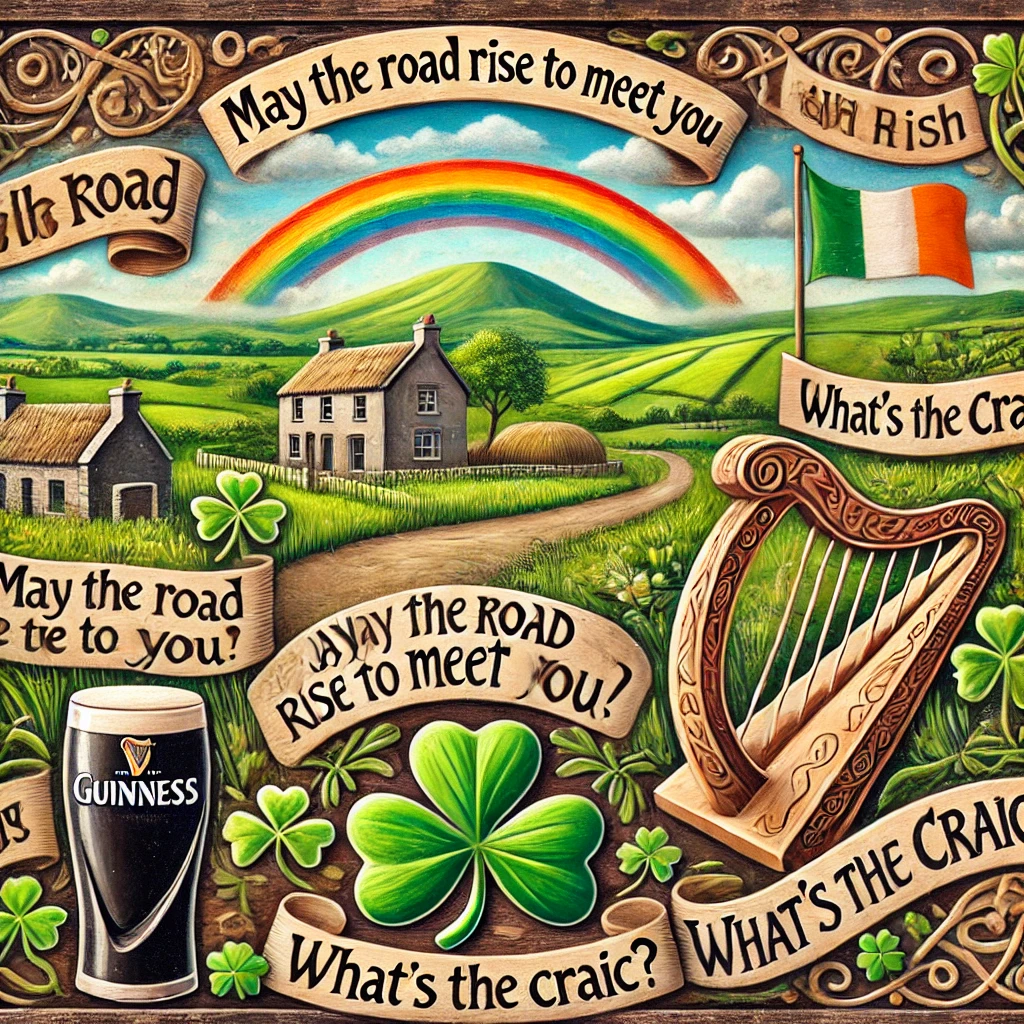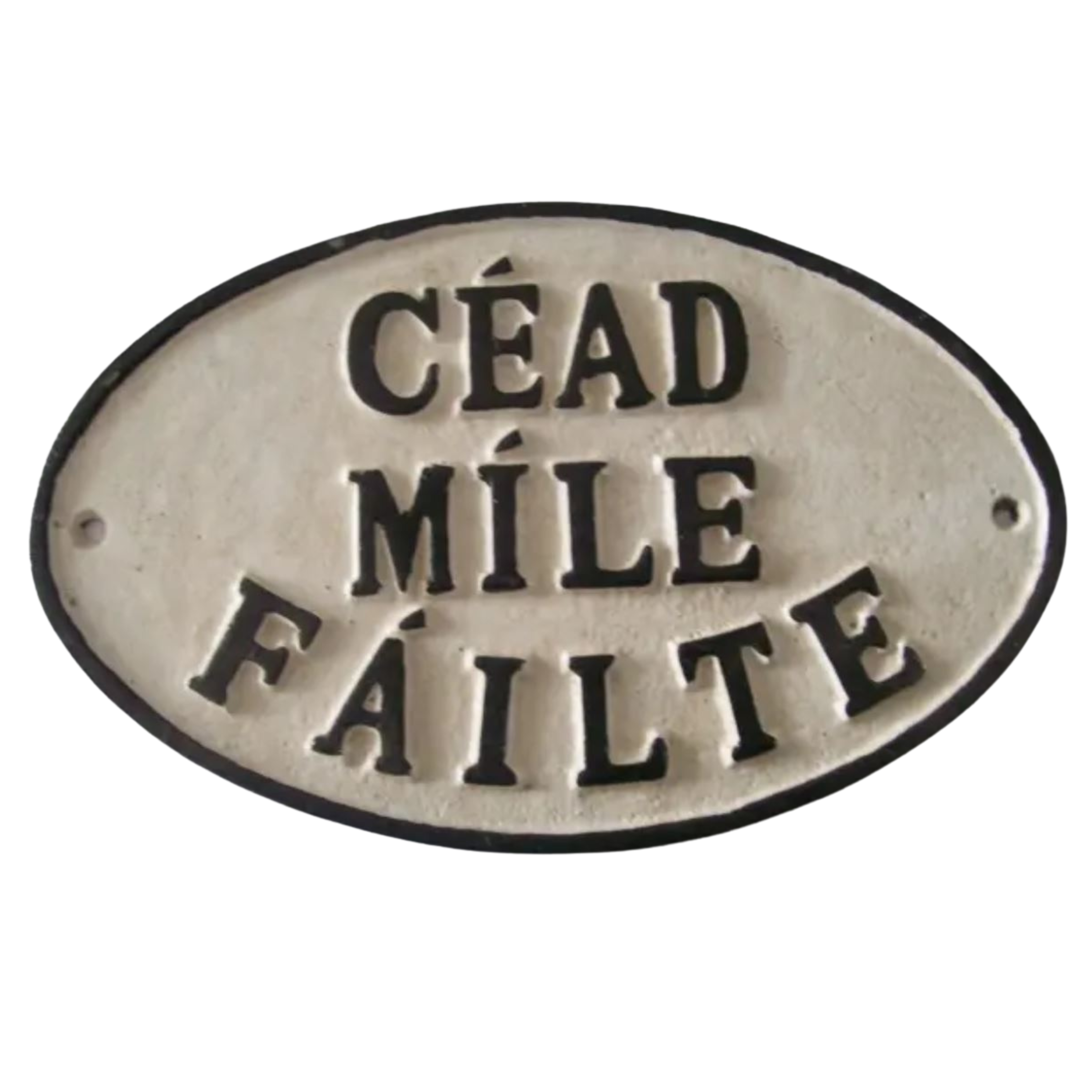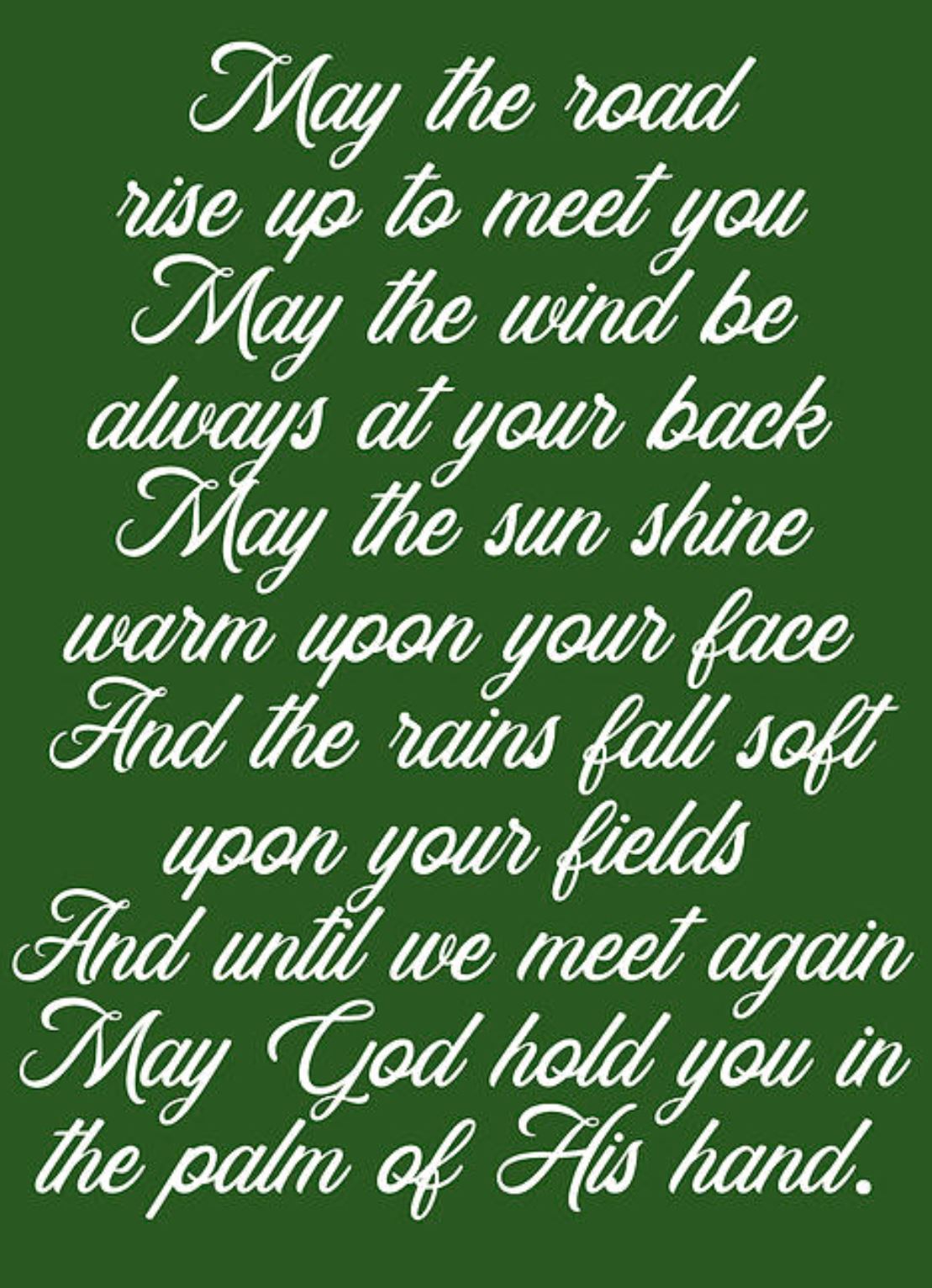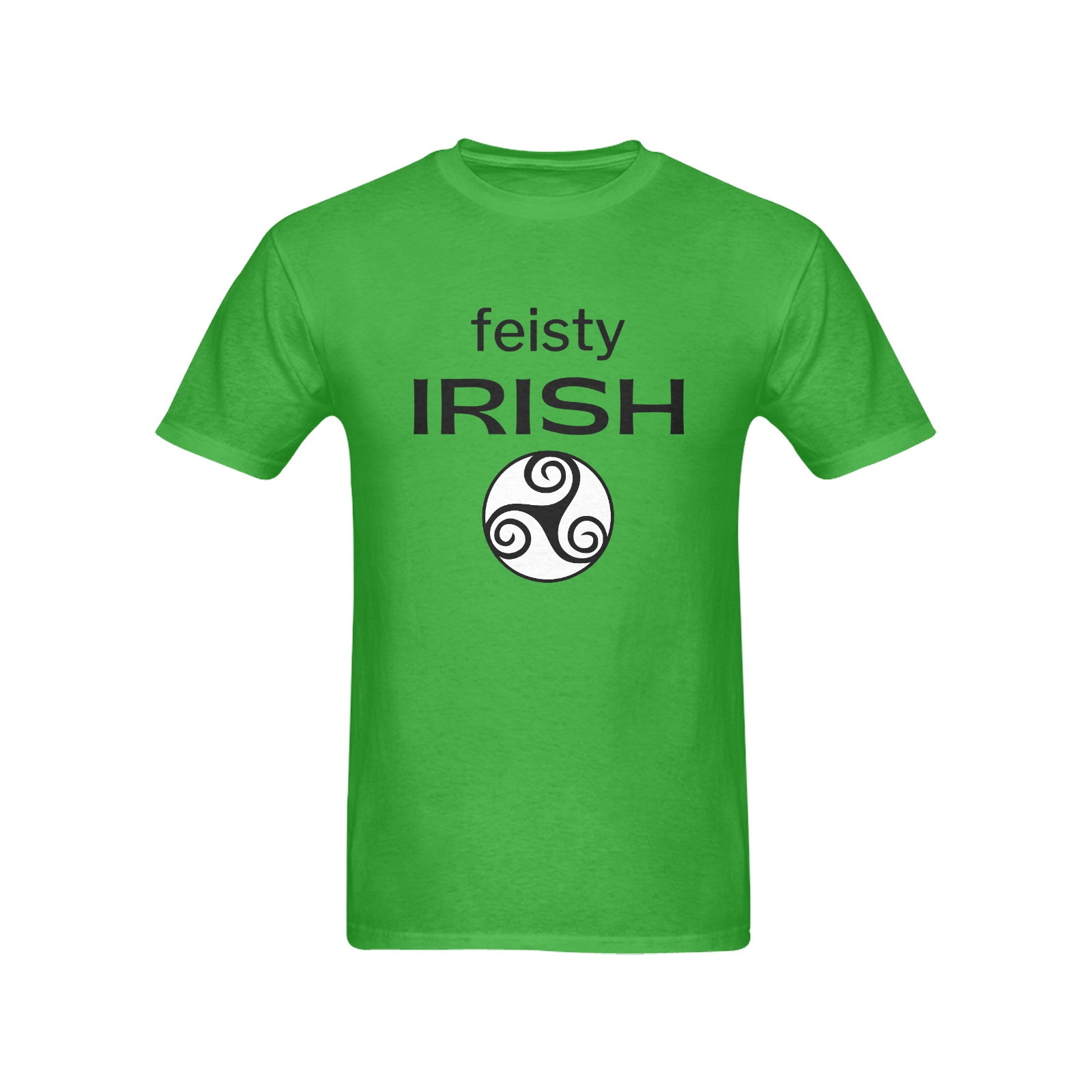Understanding the Power of the Triquetra in Irish Culture
The
Triquetra, a symbol made up of three interconnected loops, is one of the most recognized Celtic symbols. Often referred to as the
trinity knot, this emblem has deep significance within
Irish culture and beyond. Its iconic three-part design has intrigued historians, spiritual seekers, and artists for centuries. In this blog, we will explore the
meaning of the Triquetra, its connection to Irish mythology, and its importance in both ancient and modern contexts.
What is the Triquetra?
The
Triquetra (pronounced
trih-KWET-rah) is a geometric symbol consisting of three interlocking arcs. The name “Triquetra” itself comes from the Latin term for “three corners,” which is fitting, as the symbol consists of three distinct segments. It is most commonly found in Irish
Celtic jewelry and
Irish art.
Historically, the Triquetra has been used to represent the
power of three, a number that holds great significance in
Celtic traditions. This number is linked to concepts like life, death, and rebirth, making it a symbol of unity, eternity, and the cyclical nature of existence. The
Triquetra is a timeless emblem that transcends borders and cultures, frequently associated with various ancient and spiritual practices. It is often considered a symbol of eternal life, making it an enduring design that continues to captivate the imagination of people around the world.
The Triquetra and Irish Culture
In
Irish culture, the
Triquetra has long been associated with the concept of balance and harmony. Its continuous loops, with no beginning and no end, represent eternity, infinity, and the interconnectedness of all things. This idea of perpetual motion and interconnectedness mirrors the Celtic understanding of the universe, where everything is interrelated and interdependent. The belief in balance extends to both natural and spiritual realms in
Celtic tradition, where every element of life—be it the land, the sea, the sky, or the relationships between individuals—was seen as part of a greater whole.
One of the Triquetra’s most significant associations is with the concept of the
Triple Goddess in
Celtic mythology. The Triple Goddess represents three primary aspects of femininity: the Maiden, the Mother, and the Crone. These stages reflect the cycle of life, death, and rebirth, and the
Triquetra is often used to symbolize this journey. The goddess’s three faces represent the phases of the moon, further emphasizing the number three’s connection to nature, femininity, and divinity.
The
Triple Goddess is a central figure in many Celtic traditions. Her energy encompasses wisdom, creativity, and nurturing, and her connection to the natural cycles of the Earth reflects the importance of the number three in maintaining balance and harmony in the world. The Maiden is representative of new beginnings and youth, the Mother embodies fertility and abundance, and the Crone symbolizes wisdom, reflection, and the end of cycles. This powerful representation of the feminine triad has remained influential in contemporary spiritual practices, as many modern witches and pagans still revere the Triple Goddess.
Moreover, the
Triquetra is a symbol of the
trinity, which is a central concept in many ancient belief systems, including
Irish Christianity. The Triquetra was adopted by early Christians to represent the Holy Trinity: the Father, the Son, and the Holy Spirit. It was used in ancient Christian manuscripts such as the
Book of Kells, where it is depicted in intricate designs alongside other iconic symbols of
Irish heritage. In this Christian context, the
Triquetra symbolized the three persons of the one God, representing divine unity and the importance of balance in spiritual life.
The Spiritual Significance of the Triquetra
The number three has long held mystical significance across various cultures. For the Celts, it symbolized balance and the connection between different elements of existence, such as land, sea, and sky, or birth, life, and death. These connections are reflected in the use of the
Triquetra to represent the seamless blending of these essential aspects of the world. The Celts saw the world as interconnected, with each element serving a unique but vital purpose in sustaining the natural order.
In Irish
spirituality, the
Triquetra can symbolize the idea of a perfect unity of opposites: masculine and feminine, life and death, creation and destruction. This idea of balance and unity is also evident in the
Celtic cross (another prominent
Irish symbol), which intertwines both vertical and horizontal aspects to create a harmonious, balanced design. The
Celtic cross is often seen as a fusion of the sacred and the earthly, incorporating the elements of the sun and the circle, which reflect divine presence.
Furthermore, the
Triquetra is associated with the concept of
eternity. Its three interlocking loops represent a continuous cycle that never ends, symbolizing the
unbroken connection between different realms, such as the physical and spiritual worlds. This eternal connection is something deeply valued in Irish
spiritual practice, where the relationship between the living and the ancestors is an important aspect of
Celtic beliefs. In many ways, the
Triquetra embodies the cycle of life, death, and rebirth, reflecting the spiritual understanding of an eternal existence.
The
Triquetra is also linked to the concept of reincarnation and the idea that life is a continuous journey, with each cycle bringing new lessons and opportunities for growth. This makes the symbol a powerful tool for spiritual reflection and personal transformation. Wearing or displaying a
Triquetra can remind individuals of the impermanence of life and the importance of embracing change as part of the natural order.
The Power of Three in Irish Symbolism
In
Celtic symbolism, the number three is seen as a sacred and powerful number. It is considered to represent the divine, the spiritual, and the material aspects of life. This emphasis on the number three appears not only in the
Triquetra but in many other
Celtic symbols as well. The reverence for the number three was seen as a representation of the balance of opposites, such as light and dark, and the unity of various forces that create harmony in the world.
The
Celtic knot, often found in Irish
jewelry and
art, is another example of the reverence for the number three. Like the Triquetra, the Celtic knot represents the interconnectedness of all things, as well as the endless cycles of life. The continuous loops of the
Celtic knot symbolize eternity, and the absence of any breaks or ends signifies the unbroken nature of life, love, and spirit.
Other Irish symbols, such as the
triskelion (a three-armed spiral), similarly reflect the importance of the number three in Irish culture. The
triskelion is an ancient symbol used in a variety of ways throughout Celtic history, symbolizing motion, progress, and personal growth. It is often used as a representation of the three elements of nature—earth, air, and water—or the phases of life, death, and rebirth.
In the wider
Celtic tradition, the number three is seen in various
mythological figures and stories. For instance, the
Triune Goddesses represent three forms of the divine feminine, while the
Three Kings of ancient Celtic lore played crucial roles in guiding and protecting their people. These themes are deeply ingrained in Celtic mythology, where triadic structures form the basis of many ancient narratives.
The Triquetra in Modern Irish Jewelry and Fashion
Today, the
Triquetra remains a powerful and popular symbol in modern
Irish jewelry and fashion. Whether incorporated into necklaces, earrings, or rings, it continues to embody its ancient meanings of unity, eternity, and divine balance. Its timeless design and deep symbolism make it a popular choice for those looking to express their connection to Irish heritage and spirituality.
The
Triquetra is often used in
Celtic rings and
necklaces, where its symbolism can represent many things, from personal balance and unity to a connection with Celtic ancestors. Many people choose to wear the Triquetra as a personal symbol of their spiritual journey or as a reminder of the interconnectedness of all things. The
Triquetra is also frequently seen as a symbol of protection and strength, offering the wearer a sense of stability and groundedness.
Additionally, modern Irish clothing designs may feature the
Triquetra as part of intricate embroidery or prints, bringing ancient symbols into contemporary fashion. This modern interpretation of ancient designs allows individuals to wear a piece of Ireland’s heritage while embracing contemporary style. Designers have incorporated the
Triquetra into everything from scarves and shawls to jackets and dresses, offering a unique way for people to showcase their Irish pride and connection to Celtic traditions.
How to Use the Triquetra in Your Life
If you are interested in incorporating the
Triquetra into your life, consider using it as a reminder of balance and unity. Whether you choose to wear
Triquetra jewelry or display it in your home, the symbol can serve as a meaningful connection


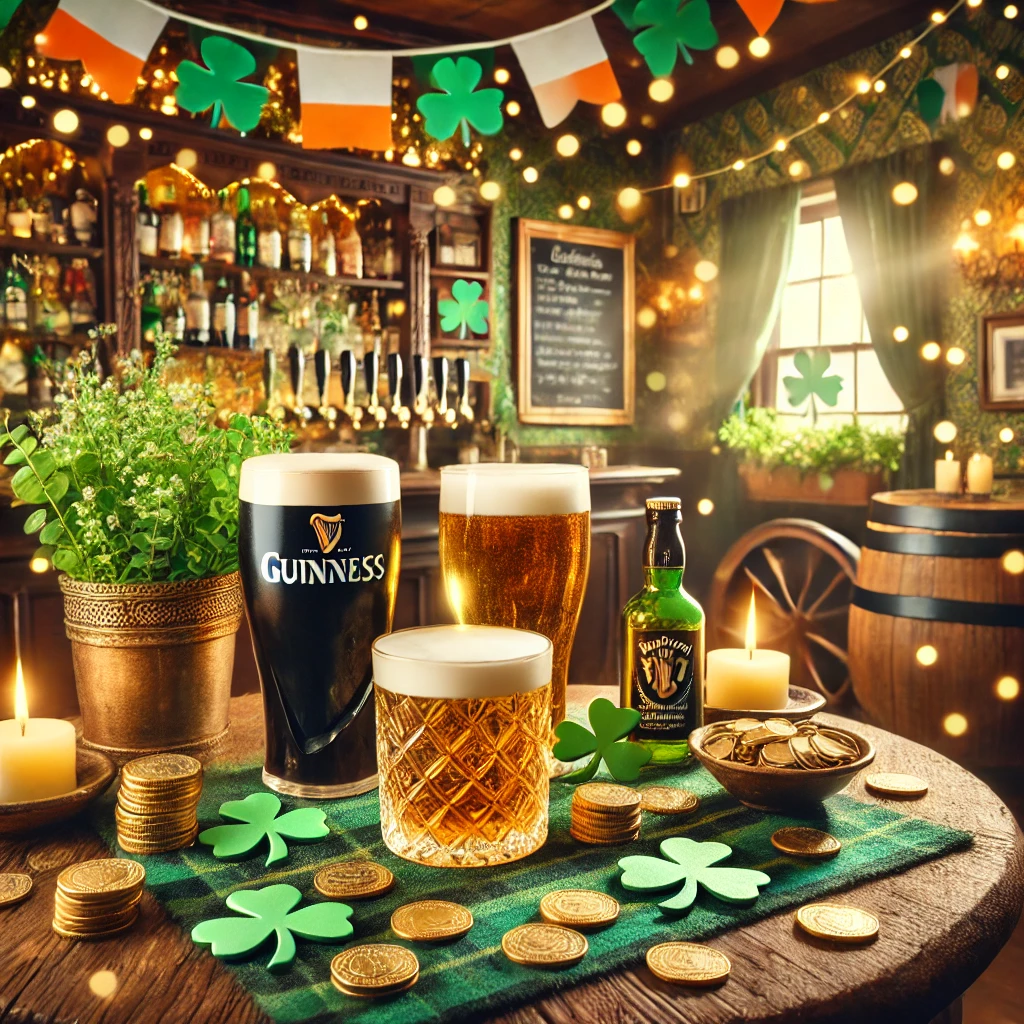



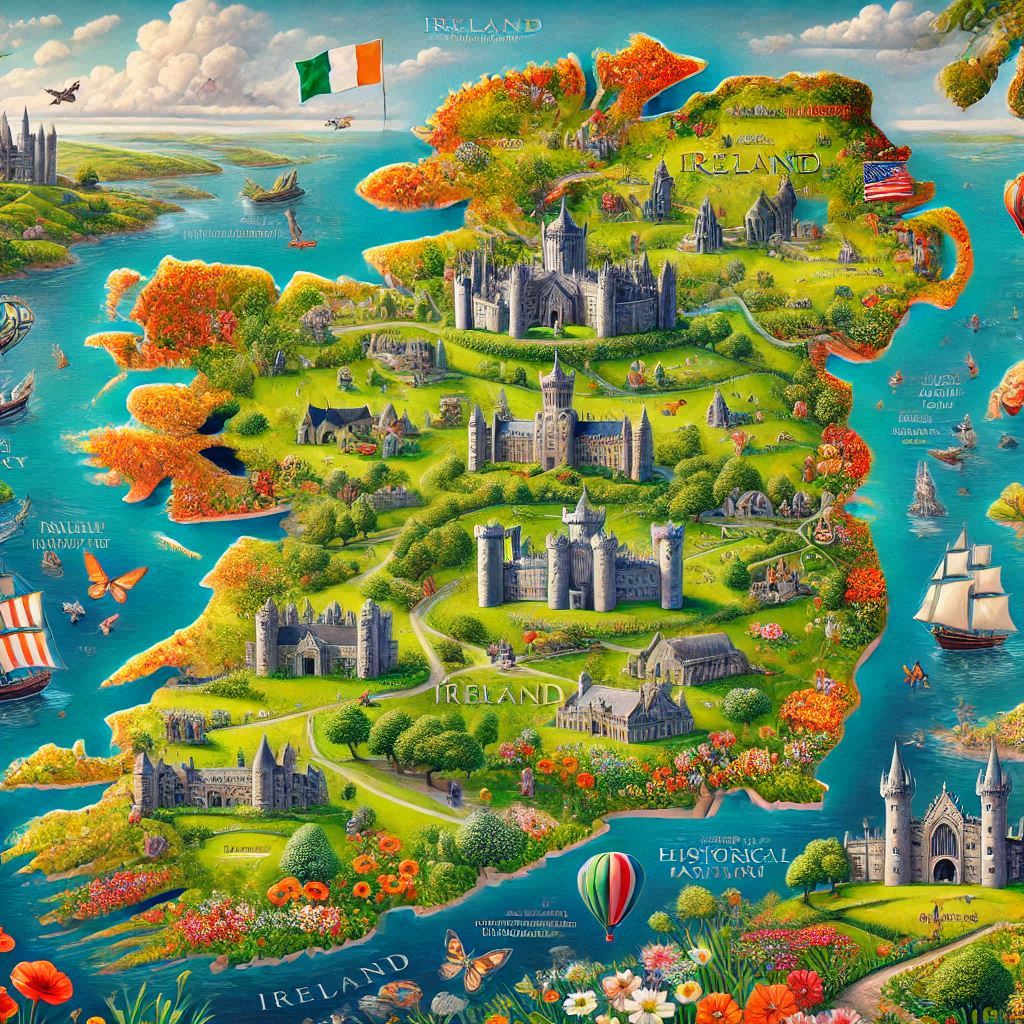
 The Names of Ireland
Ireland, known for its lush landscapes and rich cultural heritage, has a fascinating history of names. The island’s many names tell tales of mythology, invasions, and poetic imaginings. From Éire to Erin, and from Hibernia to the Emerald Isle, each name reflects a different facet of Ireland’s identity. Let’s delve into the various names of Ireland and uncover their meanings and origins.
Ancient Names
In
The Names of Ireland
Ireland, known for its lush landscapes and rich cultural heritage, has a fascinating history of names. The island’s many names tell tales of mythology, invasions, and poetic imaginings. From Éire to Erin, and from Hibernia to the Emerald Isle, each name reflects a different facet of Ireland’s identity. Let’s delve into the various names of Ireland and uncover their meanings and origins.
Ancient Names
In 







